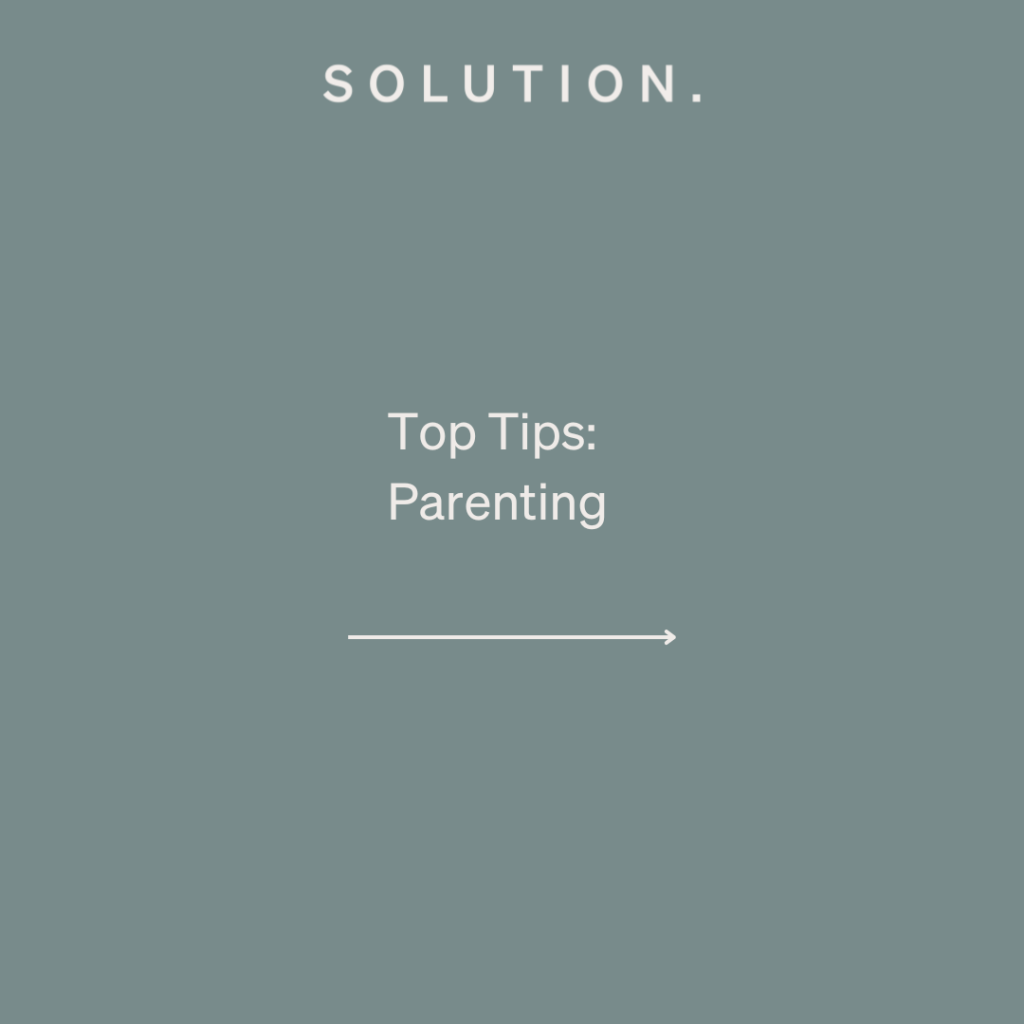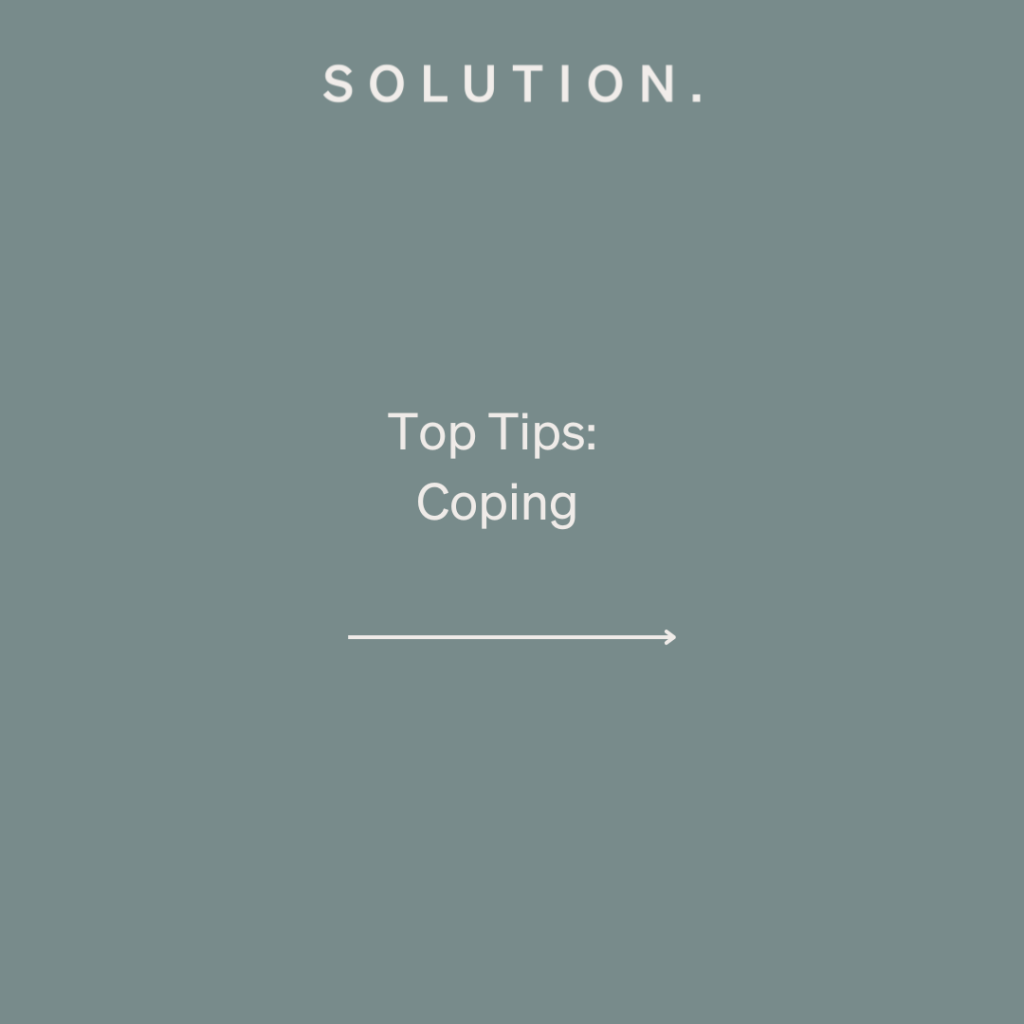Anger is one of the most recognisable and powerful emotions that we experience. It is a healthy emotion that is useful, as it can lead to change and help us understand ourselves and our values. However, when we’re angry, with our heart pounding, muscles tensing and feeling overwhelmingly hot, it is easy to believe that anger is an unpleasant emotion.
People have the assumption that anger is the same as aggression, but this is not the case. Anger is a healthy emotional experience; aggressive behaviour is not. Coping with anger should not lead to threats or violence. Anger evokes a physiological response that often drives aggressive behaviour (we make fists for a reason). However, many alternatives are available. This is important as unhealthy coping can lead to problems throughout people’s lives, including relationships, career and academic issues. Every person should learn skills to cope with anger as research consistently finds that men and women experience the same amount of anger; they express it differently.
Expressing anger is vital. Repressing anger can lead to physiological symptoms (muscle tension) and psychological symptoms like anxiety and low self-esteem. Many believe that expressing anger through physical means is best. I’m sure we’ve all experienced moments where we are so angry that we want to give in to our impulses and break something. However, this may not be the best way to express and cope with our anger.



